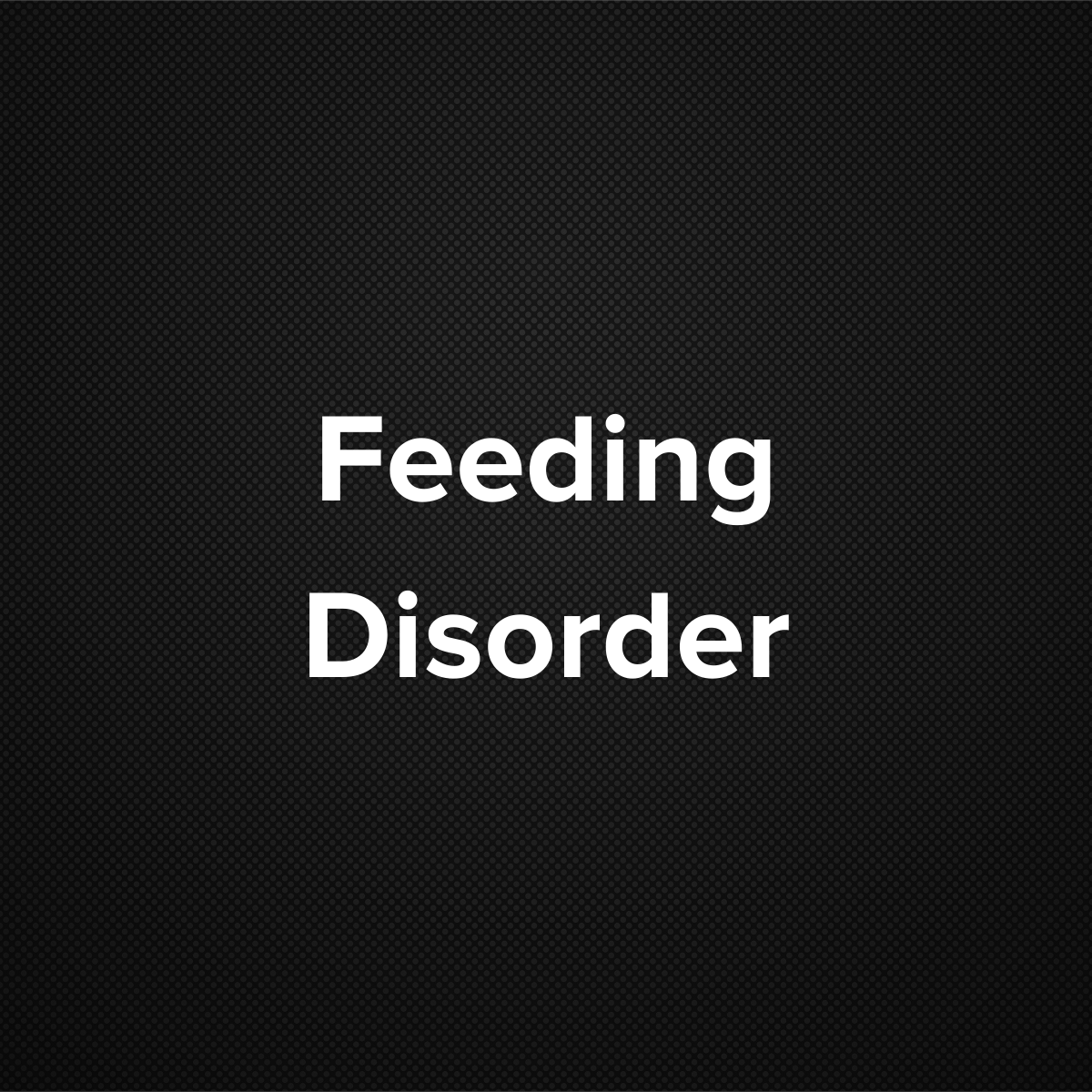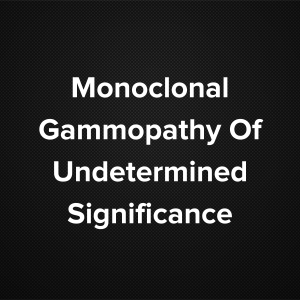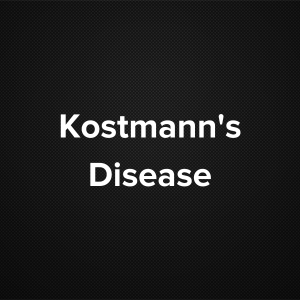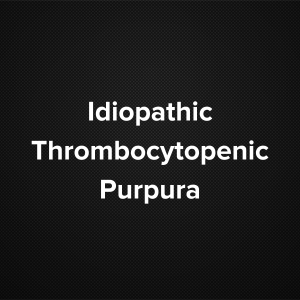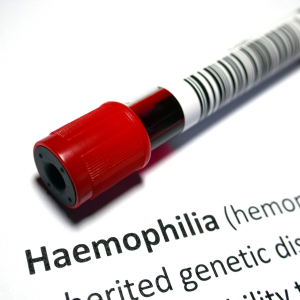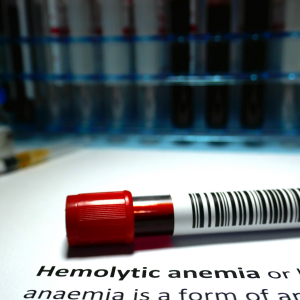Causes and risk factors
The following are some causes of feeding disorders in children – disorders of the nervous system like meningitis, cerebral palsy, disorders of the gastrointestinal system like reflux gastritis, low birth weight babies, prematurity, etc., and diseases of the heart. Conditions like cleft lip, cleft palate, abnormalities of the head, neck, or facial muscles can cause the disorder. Respiratory difficulties, certain types of medications can lead to feeding disorder. Lack of emotional care from parents or guardians, fear or stress, dislike of food of certain textures, tastes, or smells are some of the causes. Feeding disorder has been divided into six further subtypes – feeding disorder of state regulation, feeding disorder of reciprocity [neglect], infantile anorexia, sensory food aversion, feeding disorder associated with concurrent medical condition, post-traumatic feeding disorder.
Clinical presentation
Symptoms of feeding disorder are – complete abandonment of some of the food groups, textures, or liquids. There is tiredness or sluggishness. Lack of age-appropriate social skills and tendency to shy away from others. There is frequent vomiting, refusal to eat, gagging, or choking while eating, long feeding time. There is difficulty in breast feeding. The quantity and frequency of eating is lesser, frequent crying and irritable baby. The body weight of the child is less than normal. Mental distress may be present, but no underlying mental disorder or condition is evident.
Investigation
Medical history by the patient’s parents and clinical examination by the doctor helps in diagnosis. Barium swallow test, endoscopy may be required.
Treatment
The treatment plan must be comprehensive, involving a gastroenterologist, nutritionist, behavioral psychologist, and occupational and/or speech therapist. Parent education in feeding skills is required. Behavioral therapy to alter the child’s inappropriately learned feeding pattern is required. Feeding through Ryle’s tube if no other technique works and the child is nutritionally deprived. Use of nutritional supplements will also help in managing feeding disorder.
Other Modes of treatment
The other modes of treatment can also be effective in treating feeding disorder. Homoeopathy is a science which deals with individualization and considers a person in a holistic way. This science can be helpful in combating the symptoms. Similarly, the Ayurvedic system of medicine which uses herbal medicines and synthetic derivates is also found to be effective in treating feeding disorder.
